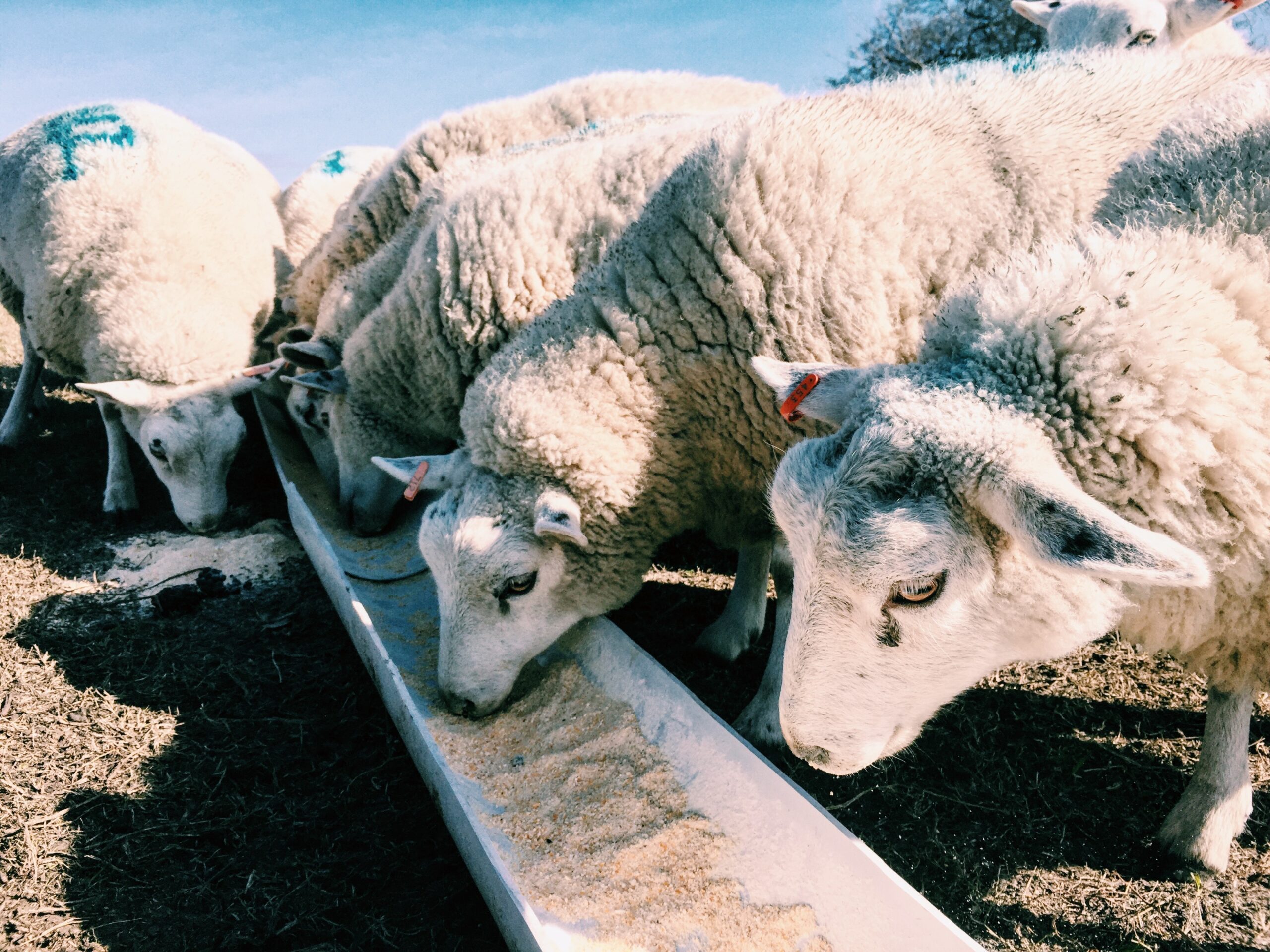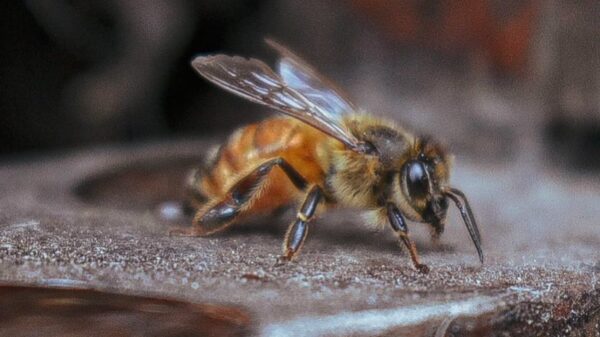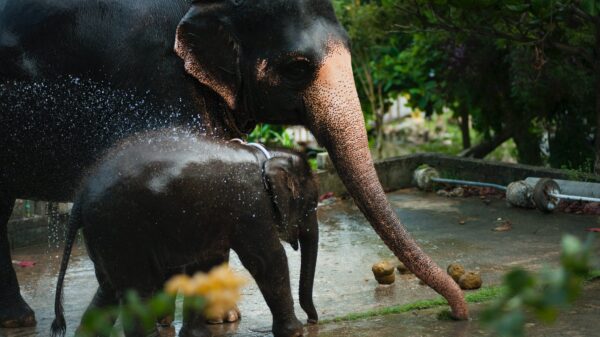Did you know that animals play a crucial role in sustainable agriculture? From providing natural fertilizers to controlling pests, these creatures are essential to the health and productivity of our food systems. But how do we ensure that their welfare is also taken into consideration? Join us as we explore the holistic approach to animal husbandry in sustainable agriculture, where both environmental and animal care concerns are prioritized for long-term success. Get ready to learn about innovative techniques and practices that can benefit not only farmers but also the planet and its inhabitants.
Introduction to Sustainable Agriculture
Sustainable agriculture is an approach to food production that takes into account the environmental, social, and economic impacts of farming. It includes a range of practices such as using renewable resources, diversifying crop rotations, and integrating livestock into farm operations.
A key component of sustainable agriculture is animal husbandry, which plays a vital role in maintaining soil health, recycling nutrients, and providing natural pest control. When done right, raising animals can be an environmentally friendly way to produce food.
There are many different ways to raise animals sustainably. One example is pasture-based livestock production, where animals are allowed to graze on grassland. This system mimics the way cattle used to roam freely across the Great Plains before the advent of industrial agriculture.
Pasture-based systems have a number of benefits for both the environment and the animals. They promote soil health by increasing organic matter and encouraging beneficial microorganisms. And because grazing animals spread their manure evenly over the land, they can help reduce pollution from concentrated animal feeding operations (CAFOs).
In addition, pasture-based systems tend to be less stressful for animals than confined feedlots. And when animals are allowed to express their natural behaviors, they can lead healthier lives.
If you’re interested in learning more about sustainable agriculture and how you can get involved, there are a number of resources available online and through your local extension office.
The Role of Animals in Sustainable Agriculture
The role of animals in sustainable agriculture is often overlooked, but they play a vital role in the health and productivity of ecosystems. Animals can provide important ecosystem services like pollination, soil aeration, and nutrient recycling. They can also help control pests and diseases, and improve crop yields.
When managed properly, animals can be an important part of sustainable agricultural systems. They can help to conserve resources, improve soil health, and support local food production. When choosing animal husbandry practices, it is important to consider the needs of the animals as well as the objectives of the farm or ranch.
There are a variety of animal husbandry practices that can be used to improve sustainability on farms and ranches. These include rotational grazing, pasture cropping, silvopasture, and integrated pest management. each of these practices has different benefits and drawbacks, so it is important to choose the system that will work best for your operation.
No matter what system you choose, there are some basic principles that should be followed to ensure that your animals are managed sustainably. These include providing adequate shelter and space for exercise, ensuring access to clean water and nutritious food, minimizing stressors such as noise and heat, and providing regular veterinary care. By following these principles, you can help your animals stay healthy and productive while also reducing your impact on the environment.
Benefits of Raising Animals for Sustainable Agriculture
There are many benefits to raising animals for sustainable agriculture. Animals can provide important ecosystem services, such as pollination, soil aeration, and nutrient cycling. They can also be a source of food and fiber, as well as other products like leather and wool. In addition, animals can help diversify and stabilize farm incomes.
Animals can also play an important role in regenerative agriculture systems. grazed animals can help build soil health by depositing nutrients and organic matter through their manure. They can also help reduce erosion and increase water infiltration. When managed properly, grazing animals can actually improve the biodiversity of agricultural landscapes.
In addition to all of these benefits, raising animals for sustainable agriculture can also have positive impacts on human health. Farm-raised animal products are typically lower in saturated fats and higher in healthy omega-3 fatty acids than their industrially-produced counterparts. Furthermore, grass-fed beef and dairy contain higher levels of cancer-fighting antioxidants than grain-fed products. And last but not least, sustainable farming practices that include animal husbandry tend to be much more humane than industrial factory farming operations.
Challenges and Opportunities of Animal Husbandry
Animal husbandry plays a vital role in sustainable agriculture by providing a source of food, fiber, and other products while also contributing to soil health and crop production. However, animal husbandry can also pose challenges to the environment and human health if not managed properly.
The biggest challenge of animal husbandry is its impact on the environment. Animal waste can pollute air and water, while grazing can damage or destroy vegetation. In addition, animal husbandry requires land, which can lead to deforestation and habitat loss. Another challenge is the potential for disease transmission between animals and humans. The raising of animals for food consumption requires significant amounts of energy and resources, which can contribute to climate change.
Despite these challenges, animal husbandry offers many opportunities for sustainable agriculture. Animals can be managed in ways that minimize their impact on the environment, such as pasture-based systems that minimize land disturbance and waste production. In addition, animals can provide valuable services to crops, such as pest control and manure that improve soil health. When properly managed, animal husbandry can be an important part of a sustainable agricultural system.
Current Practices in Animal Production
The main goal of animal production is to produce high-quality food products while minimizing environmental impacts. In order to do this, producers must implement sustainable practices that protect natural resources and improve animal welfare.
One way that farmers are working to reduce their impact on the environment is by using manure as a fertilizer. Manure is an excellent source of nutrients for crops, and it can help improve soil health. However, it must be used properly in order to minimize pollution. Farmers are also using cover crops and rotational grazing to improve soil health and reduce erosion.
In addition to environmental concerns, animal welfare is an important consideration in animal production. Farmers are working to provide their animals with spacious and comfortable living conditions, access to pasture, and a healthy diet. These efforts improve the well-being of animals and result in higher-quality food products.
Different Animal Species Used in Sustainable Farming
Different animal species used in sustainable farming include chickens, pigs, sheep, and cattle. Each of these animals provides a unique benefit to the farm ecosystem. Chickens are known for their ability to eat a wide variety of insects and other pests. This helps to keep populations of these pests under control, which can reduce the need for chemical pesticides. Pigs are efficient at converting plant matter into high-quality protein. They also help to aerate the soil and keep it loose, which can improve water infiltration and drainage. Sheep are effective at grazing on pasture grasses, which helps to keep these plants healthy and vigorous. Cattle are able to convert low-quality forage into high-quality beef, milk, and other dairy products.
Conclusion
Sustainable agriculture and animal welfare are two important issues that must be addressed together. Animals play a vital role in the health of our environment, as they help maintain soil fertility, reduce environmental pollution and provide food for humans. A holistic approach is necessary when considering how to use animals in sustainable agricultural systems – one that takes into account not only their physical needs but also their emotional and mental wellbeing. This approach helps ensure that animals have access to safe housing, nutritious diets, good veterinary care and ample opportunity for natural behavior within their environments so they can lead healthy lives while performing essential roles in the functioning of our ecosystems.










